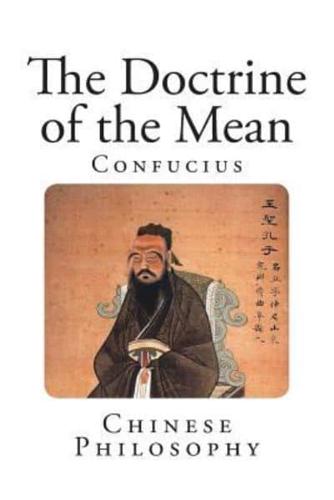Publisher's Synopsis
The Doctrine of the Mean by Confucius. Translated by James Legge. Top 100 Chinese Philosophy Classics. The Doctrine of the Mean, is both a doctrine of Confucianism and also the title of one of the Four Books of Confucian philosophy. The text is attributed to Zisi (also known as Kong Ji), the only grandson of Confucius. It was published as a chapter in the Classic of Rites. The phrase Doctrine of the Mean (zhong yong) first occurs in Book VI, verse 26 of the Analects of Confucius: "The Master [Confucius] said, The virtue embodied in the doctrine of the Mean is of the highest order. But it has long been rare among people" - Analects, 6:26 (Burton Watson tr.) Analects never expands on what this term means, but Zisi's text, Doctrine of the Mean, explores its meaning in detail, as well as how to apply it to one's life. The text was adopted into the canon of the Neo-Confucian movement, as compiled by Zhu Xi. Although Burton Watson translated zhong yong as Doctrine of the Mean, other English-language translators have rendered it differently. James Legge called it Constant Mean. Pierre Ryckmans (aka Simon Leys) Middle Way, while Arthur Waley chose Middle Use. Ezra Pound's attempts include Unswerving Pivot, and Unwobbling Pivot. Roger T. Ames and David L. Hall titled their 2001 translation Focusing the Familiar.












